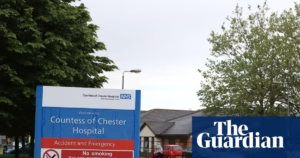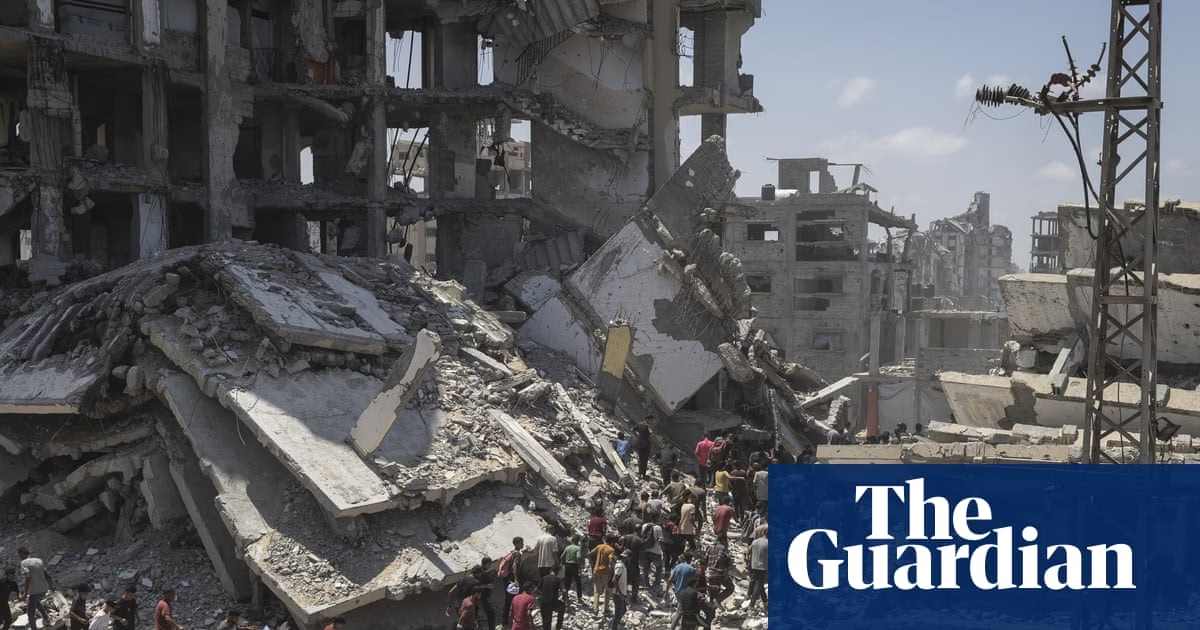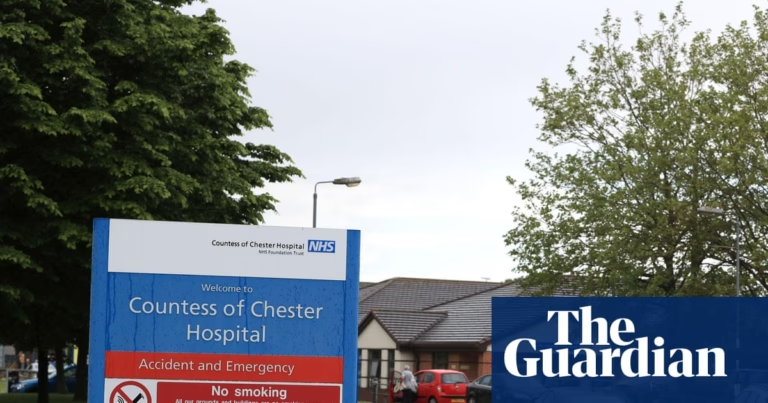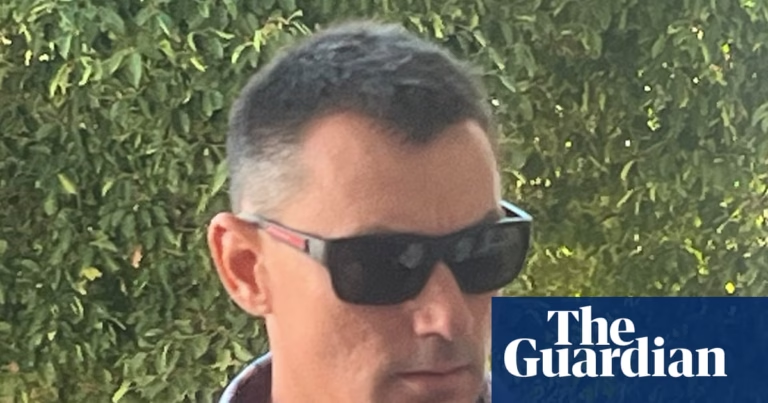Israel’s security cabinet has approved a strategy to seize control of Gaza City, announced by prime minister Benjamin Netanyahu, escalating the 22-month campaign which has resulted in tens of thousands of Palestinian casualties, widespread destruction, and a famine in the territory.
Prior to the security cabinet’s meeting, which commenced on Thursday and lasted through the night, Netanyahu had stated that Israel was planning to regain full control over Gaza with the intention of eventually transferring the responsibility to Arab forces hostile to Hamas.
However, the announced plans seem more restrained, possibly reflecting concerns from Israel’s top general, who reportedly warned that such a move could endanger the remaining hostages held by Hamas and further exhaust the Israeli military after nearly two years of regional conflicts. Many hostages’ families share these concerns, fearing further escalation could spell disaster for their loved ones.
Israel has continuously bombarded Gaza City and executed raids there, only to return to various neighborhoods repeatedly as militants regrouped. It remains one of the last areas of Gaza not yet converted into an Israeli buffer zone or under evacuation orders.
A large-scale ground operation could displace tens of thousands of people and significantly impede efforts to deliver food to the territory.
The exact number of residents in the city, which was Gaza’s largest prior to the conflict, is unclear. Hundreds of thousands fled Gaza City under evacuation orders in the initial weeks of the conflict, but many returned following a truce at the beginning of this year.
Families of hostages in Gaza are concerned that an escalation could imperil their relatives, and some demonstrated outside the security cabinet meeting in Jerusalem. Previous Israeli security officials have also spoken against the idea, warning of a dangerous quagmire with minimal military advantage.
An Israeli official had stated that the security cabinet would discuss plans to conquer either the entirety of or parts of Gaza not yet under Israeli control. The official, speaking anonymously until a formal decision was made, said that any measures approved would be implemented gradually to intensify the pressure on Hamas.
Palestinians, at least 90% of whom have been displaced at least once by the conflict, and nearly one in ten injured in Israeli strikes, prepare for further suffering. The healthcare system is nearly gone, and aid agencies like the UN are largely prevented from operating by Israel.
Aya Mohammad, a 30-year-old Palestinian who returned to Gaza City with her family after repeated displacements, wondered, “Where should we go? We’ve been displaced and humiliated enough.”
“Do you know what displacement is? Does the world know? It means your dignity is erased. You become a homeless beggar, searching for food, water, and medicine.”
At least 42 Palestinians were reportedly killed in Israeli airstrikes and shootings across southern Gaza on Thursday, according to local hospitals.
In an interview with Fox News before the Security Cabinet meeting, when asked if Israel would “take control of all of Gaza,” Netanyahu replied, “We intend to, to ensure our security, remove Hamas, liberate the population from Hamas rule.”
“We don’t want to keep it. We want a security cordon,” Netanyahu said. “We want to hand it over to Arab forces that will govern it properly without threatening us and give Gazans a better life.”
Israel’s military chief of staff, Lt. Gen. Eyal Zamir, has cautioned against occupying Gaza, pointing out that it could endanger the hostages and further strain the military after almost two years of war, according to Israeli media.
Israel’s military campaign has claimed the lives of at least 61,000 Palestinians, according to Gaza’s health ministry, mainly civilians. This number does not include those believed to be buried under rubble or the many killed indirectly by the conflict.
From the 42 people killed on Thursday, at least 13 were looking for aid in an Israeli military zone in southern Gaza where UN aid convoys are often swarmed by looters and desperate crowds. Two more were killed on roads leading to nearby sites managed by the Israeli-backed Gaza Humanitarian Foundation, an American contractor, according to Nasser hospital, which received the bodies.
GHF asserted there were no violent incidents at or near its facilities on Thursday. The Israeli military had no immediate comment. Israel restricts foreign journalists from entering Gaza and has repeatedly targeted Palestinian journalists.
Associated Press contributed to this report








